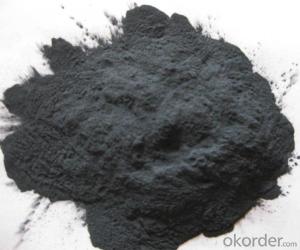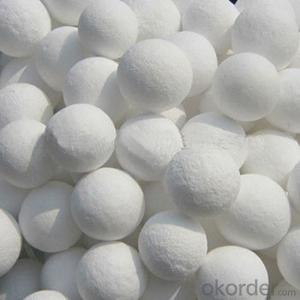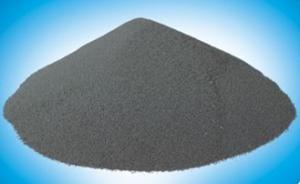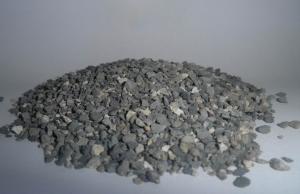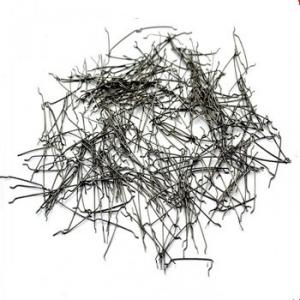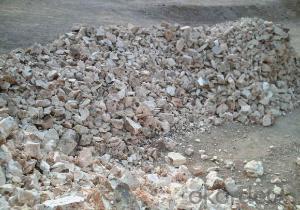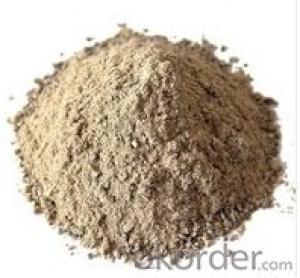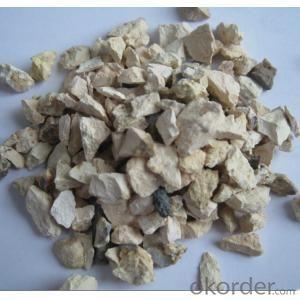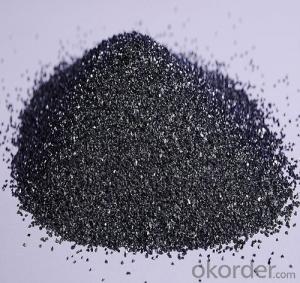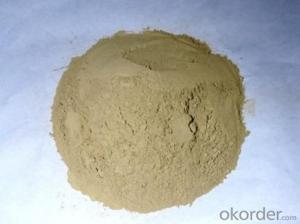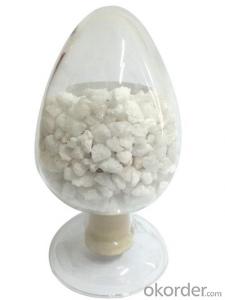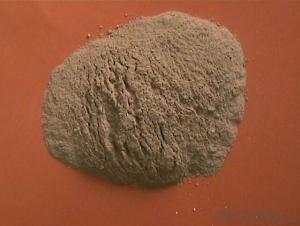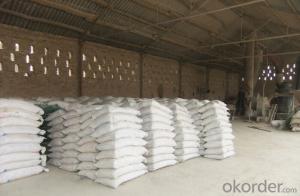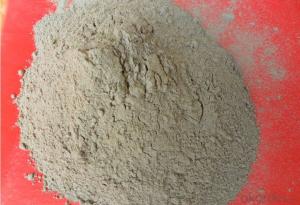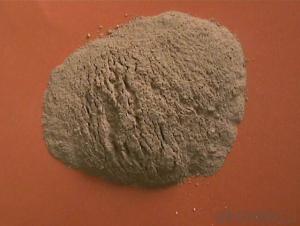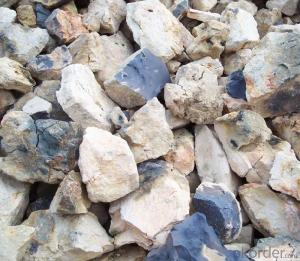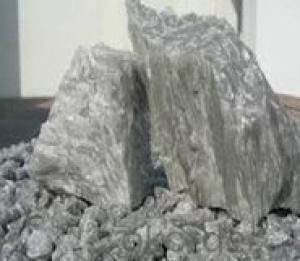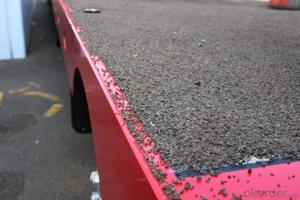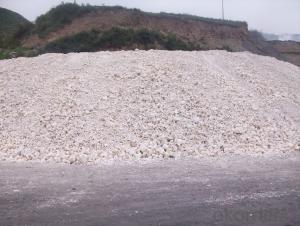All Categories
- - Steel Wire Rod
- - Steel Coils
- - Steel Profiles
- - Steel Pipes
- - Stainless Steel
- - Tinplate
- - Special Steel
- - Steel Sheets
- - Steel Rebars
- - Steel Strips
- - Hot Rolled Steel
- - Cold Rolled Steel
- - Pre-painted Steel
- - Seamless Steel Pipe
- - Welded Steel Pipe
- - Hollow Steel Tubes
- - Galvanized Pipe
- - Stainless Steel Coil
- - Stainless Steel Sheet
- - Stainless Steel Plate
- - Stainless Steel Strips
- - Electrolytic Tinplate Coil
- - Electrolytic Tinplate Sheet
- - Stainless Steel Rebars
- - Solar Panels
- - Solar Water Heater
- - Solar Related Products
- - Solar Inverter
- - Solar Cells
- - Solar Light
- - Solar Energy Systems
- - Solar Controllers
- - Solar Mounting System
- - Solar Pump
- - Solar Chargers
- - Fiberglass Chopped Strand
- - Fiberglass Mesh Cloth
- - Composite Pipes
- - FRP Pultrusion Profiles
- - Fiberglass Mat Tissue
- - Fiberglass Fabrics
- - Fiberglass Mesh
- - Composite Tank
- - Fiberglass Mesh tape
- - Polymer
- - FRP Roofing Panel
- - Fiberglass Roving
- - Monolithic Refractories
- - Ceramic Fiber Products
- - Refractory Bricks
- - Raw Materials For Refractory
- - Suspended Platform
- - Cranes
- - Concrete Machinery
- - Earthmoving Machinery
- - Building Hoist
- - Road Building Machinery
- - Plastic Pipe Fittings
- - Plastic Tubes
- - Plastic Sheets
- - Agricultural Plastic Products
- - Plastic Nets
Q & A
How is phosphate-bonded magnesia used in refractory linings?
Phosphate-bonded magnesia is commonly used in refractory linings due to its excellent heat resistance and high mechanical strength. It is often utilized as a refractory cement to bond the refractory bricks or castables together, forming a solid and durable lining that can withstand extreme temperatures in various industrial applications such as furnaces, kilns, and incinerators. The phosphate bond helps to create strong chemical bonds between the magnesia particles, resulting in a cohesive and stable refractory structure that can withstand thermal shocks and chemical attack. Overall, phosphate-bonded magnesia plays a crucial role in enhancing the performance and longevity of refractory linings in high-temperature environments.
What are the advantages of using zirconium silicate as a raw material in refractory production?
Zirconium silicate offers several advantages as a raw material in refractory production. Firstly, it has a high melting point, which allows refractories made from it to withstand extreme temperatures without undergoing significant structural changes. Secondly, it has excellent thermal shock resistance, meaning it can withstand rapid temperature fluctuations without cracking or breaking. This makes it suitable for applications where thermal cycling is common, such as in kilns or furnaces. Additionally, zirconium silicate exhibits low thermal conductivity, ensuring efficient heat insulation in refractory materials. Lastly, it has good chemical stability, making it resistant to corrosion from various chemicals, acids, and alkalis. Overall, the use of zirconium silicate in refractory production offers enhanced durability, thermal performance, and chemical resistance, making it a preferred choice in many industrial applications.
How do raw materials impact the creep resistance of refractory products?
Raw materials have a significant impact on the creep resistance of refractory products. The composition and quality of the raw materials determine the strength and stability of the product, which in turn affects its ability to resist deformation under prolonged high temperatures. The choice of raw materials and their proper combination can enhance the creep resistance of refractory products, ensuring their durability and reliability in demanding industrial applications.
How do different types of perovskite compare in terms of performance in refractory applications?
Different types of perovskite can vary in their performance in refractory applications. Generally, perovskites with higher melting points and better thermal stability tend to perform better. Additionally, perovskites with higher density and lower porosity are more resistant to chemical attacks and have better mechanical strength. It is important to consider these factors along with the specific requirements of the refractory application to determine the best type of perovskite for optimal performance.
Wholesale Raw Materials For Refractory from supplier in Azerbaijan
We strive to deliver the highest quality raw materials for refractory applications, ensuring that our products meet the strictest industry standards. Our team of experts is dedicated to providing exceptional customer service and technical support, assisting you throughout the entire procurement process.
We offer a wide range of raw materials for refractory applications, including but not limited to:
1. Refractory bricks and shapes: We provide a variety of bricks and shapes made from high-quality materials such as alumina, magnesia, and silica. These materials offer excellent thermal insulation and resistance to high temperatures.
2. Refractory castables: Our castables are specially formulated to provide high strength, durability, and resistance to thermal shock. They are ideal for lining furnaces, kilns, and other high-temperature applications.
3. Refractory fibers: We offer a range of refractory fibers, including ceramic fibers and mineral wool, which are used for insulation in various industrial processes. These fibers provide excellent thermal resistance and energy efficiency.
4. Refractory mortars and coatings: Our mortars and coatings are designed to provide excellent adhesion and protection for refractory linings. They offer superior resistance to thermal cycling and chemical corrosion.
5. Refractory raw materials: We supply a wide range of raw materials, including alumina, magnesia, silica, and clay, which are used in the production of refractory products. These materials are sourced from reputable manufacturers and ensure the highest quality standards.
With our extensive industry experience and commitment to customer satisfaction, we are confident that we can meet all your raw material needs for refractory applications in Azerbaijan. Contact us today to discuss your requirements and experience the difference of working with a leading supplier in the industry.
We offer a wide range of raw materials for refractory applications, including but not limited to:
1. Refractory bricks and shapes: We provide a variety of bricks and shapes made from high-quality materials such as alumina, magnesia, and silica. These materials offer excellent thermal insulation and resistance to high temperatures.
2. Refractory castables: Our castables are specially formulated to provide high strength, durability, and resistance to thermal shock. They are ideal for lining furnaces, kilns, and other high-temperature applications.
3. Refractory fibers: We offer a range of refractory fibers, including ceramic fibers and mineral wool, which are used for insulation in various industrial processes. These fibers provide excellent thermal resistance and energy efficiency.
4. Refractory mortars and coatings: Our mortars and coatings are designed to provide excellent adhesion and protection for refractory linings. They offer superior resistance to thermal cycling and chemical corrosion.
5. Refractory raw materials: We supply a wide range of raw materials, including alumina, magnesia, silica, and clay, which are used in the production of refractory products. These materials are sourced from reputable manufacturers and ensure the highest quality standards.
With our extensive industry experience and commitment to customer satisfaction, we are confident that we can meet all your raw material needs for refractory applications in Azerbaijan. Contact us today to discuss your requirements and experience the difference of working with a leading supplier in the industry.
Hot Search
- Monolithic Refractories in Zimbabwe
- Ceramic Fiber Products in Chile
- Refractory Bricks in Ecuador
- Raw Materials For Refractory in Papua New Guinea
- Refractory Bricks in Yemen
- Monolithic Refractories in Grenada
- Monolithic Refractories in Laos
- Ceramic Fiber Products in Bolivia
- Refractory Bricks in Norway
- Monolithic Refractories in France
